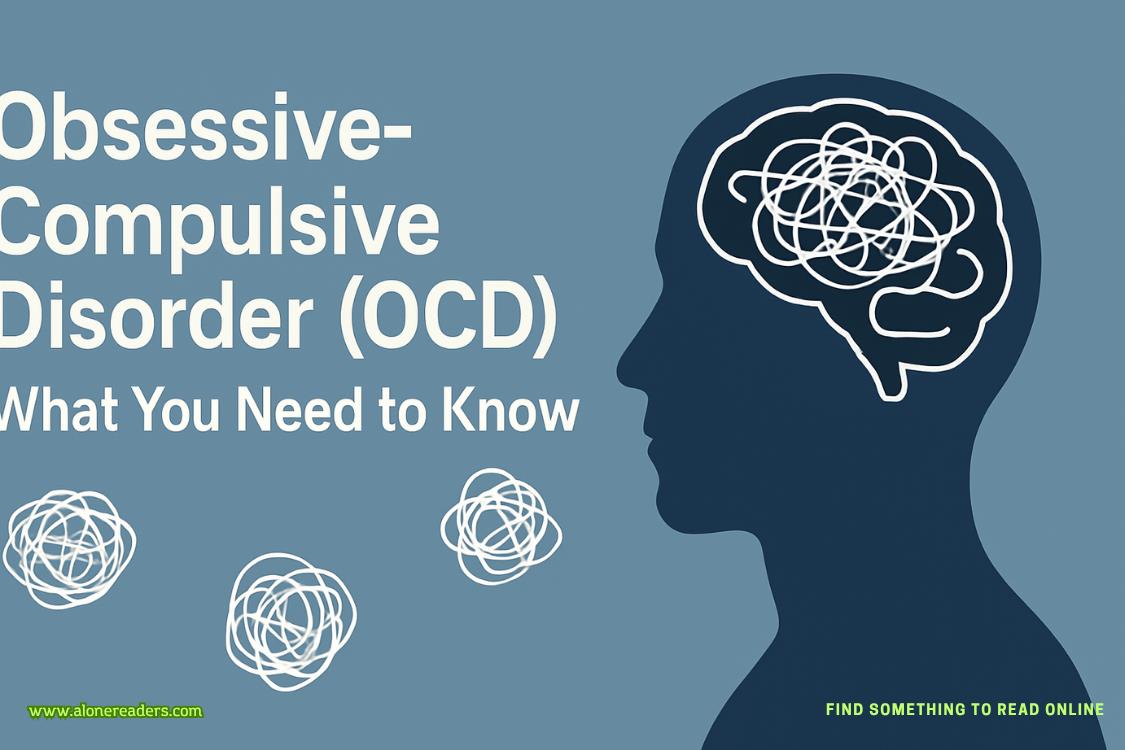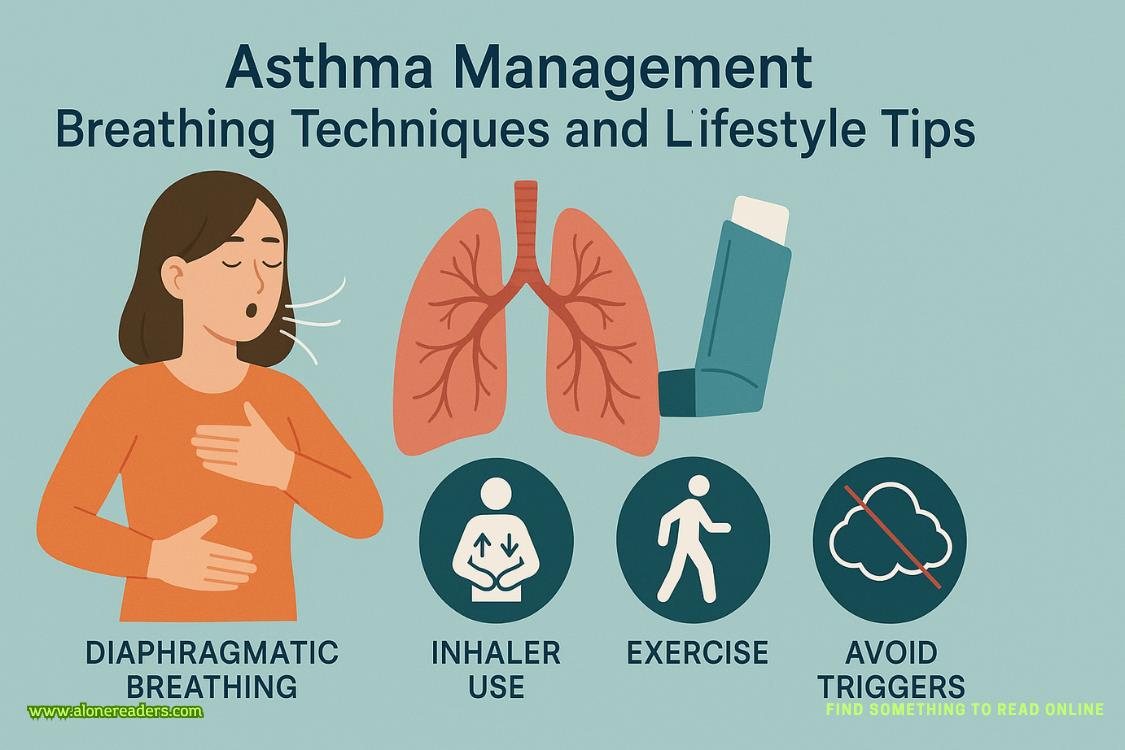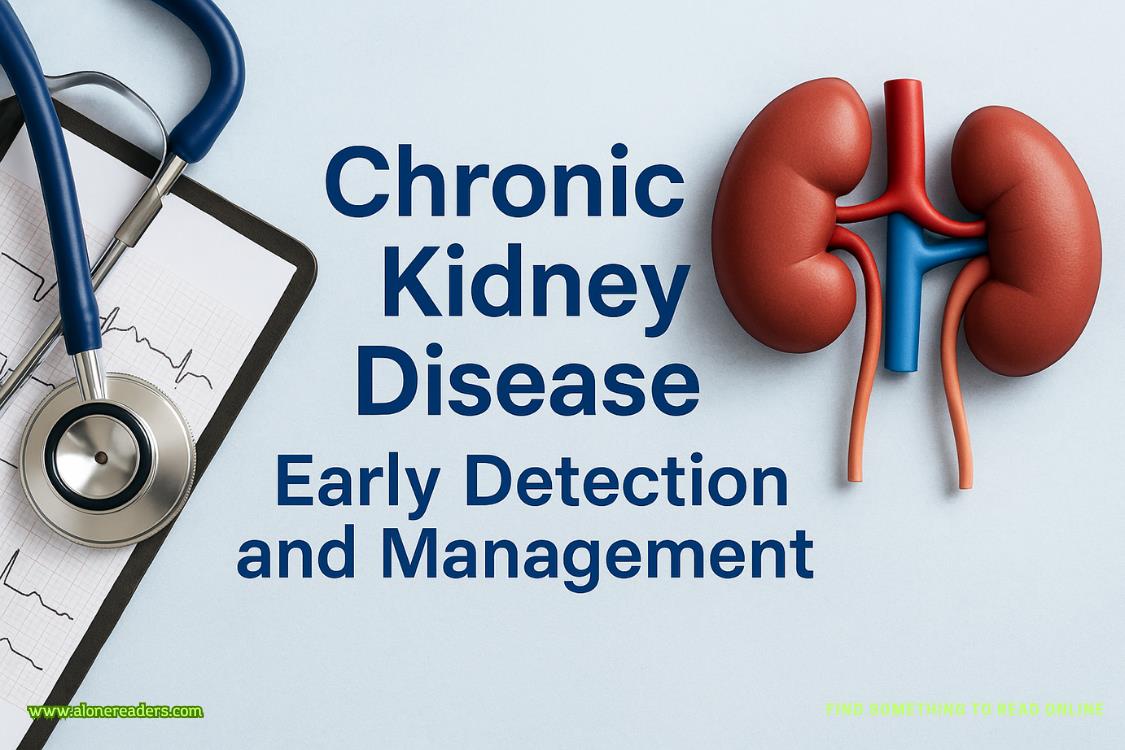"That's the point. We need establishment voices for the general public, niche tech publications for industry insiders, and legal advocacy groups for policy pressure."
I scrolled through the document, pointing out specific contacts. "This woman broke the Cambridge Analytica story. This man specialized in military technology oversight. This outlet has protected whistleblowers before."
Marcus nodded slowly, reluctant approval forming in his expression. "Thorough list."
"It's necessary," I corrected. "The story has to be too big to disappear."
I clicked on a new document—a detailed schematic I'd spent the last two hours creating from Evelyn's starting points. "Here's the technical framework. We'll need to establish secure communication channels first. I've configured an encrypted mesh network using TOR relays that bounce our signals through multiple servers. It's not perfect, but it buys us time."
Miles leaned forward. "You know your stuff, but won't they track the uploads back to us?"
"Not if we use this." I pulled Evelyn's flash drive from my laptop and held it up. "It contains a custom VPN with rotating IP addresses and a self-destruct protocol for the data packets once delivered. Lars built-in safeguards even Reeves-Halvorsen's best cybersecurity team won't crack—at least not quickly enough."
Marcus studied the screen with newfound respect. "And distribution targets?"
"Seventeen primary, thirty-eight secondary." I opened a geographic map with pulsing red dots. "Evelyn isolated the most secure drop locations in four time zones. Her algorithm will stagger releases by four minutes each—just enough time for confirmation but not enough for interference."
Michael stepped closer, his shoulder brushing mine as he studied the screen. The casual contact sent an electrical current through me. Even now, with our lives balanced on a knife's edge, my body responded to his proximity with embarrassing predictability.
"Timeline?" he asked, so close that I felt his breath against my ear.
"Forty-eight hours to prepare the materials." I forced myself to focus. "Then simultaneous distribution. If any channel goes dark, the system automatically reroutes to alternates with escalating priority."
Michael nodded once. "We work in shifts. Alex prepares content while one of us watches the perimeter."
"Agreed." Marcus surprised us all with his lack of argument. "We sleep in rotation. No one's thinking clearly if we're exhausted."
Miles clapped his hands together, the sound startlingly loud in the cabin's confines. "Well, I'll take the first watch if someone puts on another pot of coffee."
As we settled into our assigned tasks, I realized that whatever happened next—exposure, danger, possibly worse—I'd made my choice when I knocked on Michael's door in Seattle. There was no going back. No safe harbor. Only forward, together.
Hours later, the cabin had settled into near silence. Marcus and Miles had retreated to the smaller bedroom after we'd established a rotation schedule. Only the occasional creak of floorboards from Michael checking the perimeter disturbed the quiet.
I remained at the kitchen table, bathed in the blue glow of my laptop screen. The coffee in my mug had gone cold, forgotten as I immersed myself in crafting our manifesto. My fingers moved across the keys, hesitating occasionally when words failed to capture the enormity of what we faced.
I did my best to capture the gravity of the situation:
Project Asphodel represents an unprecedented erosion of human autonomy.It operates on the premise that algorithms can predict human behavior with sufficient accuracy to justify preemptive action. In practice, this means citizens are surveilled, judged, and potentially eliminated based on mathematical probability rather than actual conduct.
The last sentence was too academic and distant. This wasn't a journal article; it was testimony. I deleted the sentence and tried again.
Project Asphodel doesn't only watch people—it decides who deserves to live. It collects every digital trace of your existence—your messages, purchases, movements, associations—and feeds them into an equation. If the answer exceeds a certain threshold, your name appears on a list. No trial. No defense. Just a statistically supported death sentence.
Better. More immediate.
My thoughts drifted to Marissa. Her caution about privacy had turned out to be prophetic. She hadn't only been right, she'd beenmarked. Executed by a system she'd tried to warn me about. Her death wasn't a tragedy. It was a policy outcome. That knowledge fueled every word I typed.
And then my mind shifted to Michael—his hands strong and certain against my skin. It was disorienting how quickly he'd become essential, a fixed point in my rapidly tilting world.
Would either memory survive tomorrow? If we released Evelyn's files and exposed Project Asphodel to the world, would there be any future where Michael and I existed together? Or would we become cautionary tales, names redacted from official reports, remembered only by those who loved us?
I rubbed my eyes, fatigue making them burn. The words on my screen blurred. I'd been at the writing for three hours, and the document had grown to nearly ten pages—a blend of technical analysis, ethical argument, and personal testimony.
"You should sleep."
Michael's voice materialized behind me, causing me to startle. His approach had been silent, a habit I was still getting used to. When I turned, he stood just beyond the pool of light cast by my laptop.
"I need to finish this first." I gestured toward the screen.















